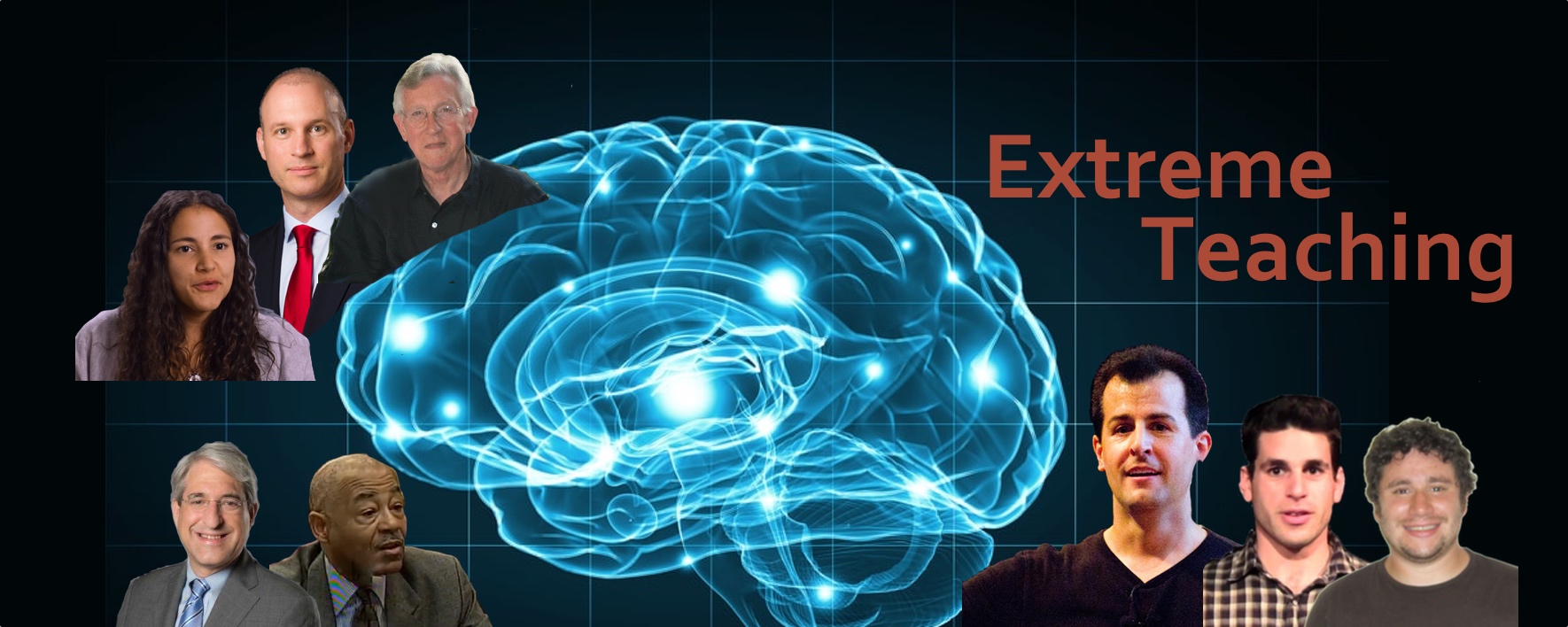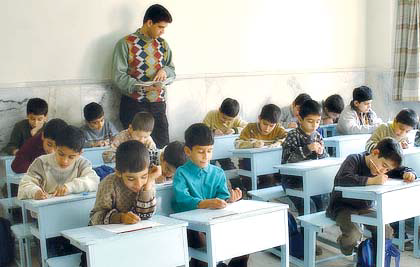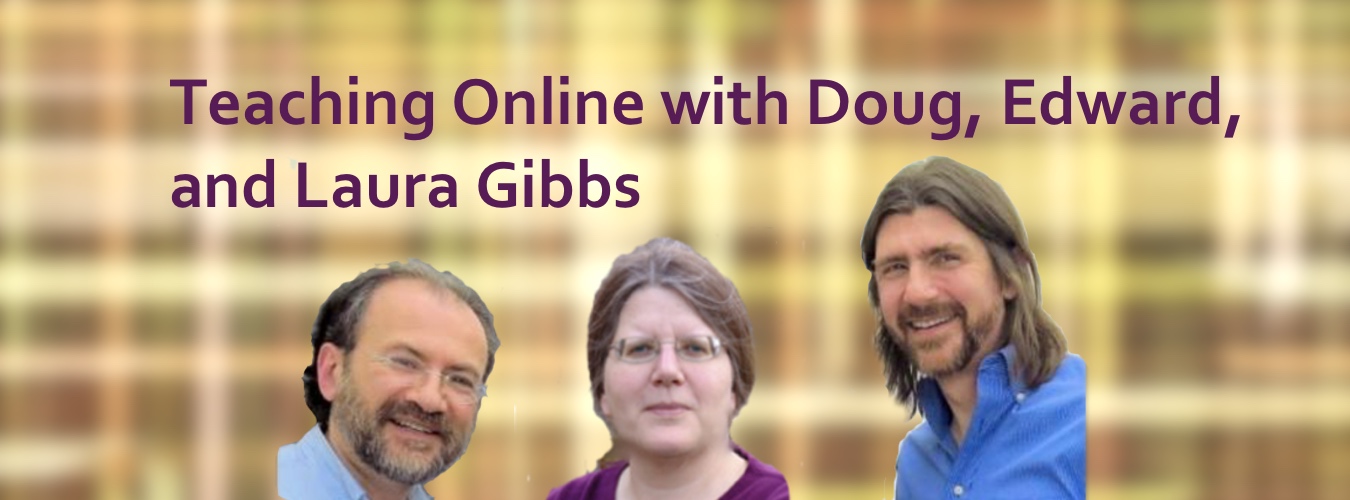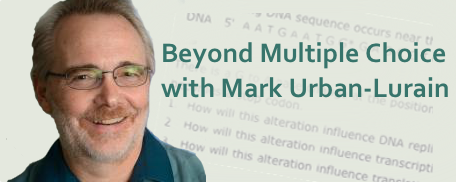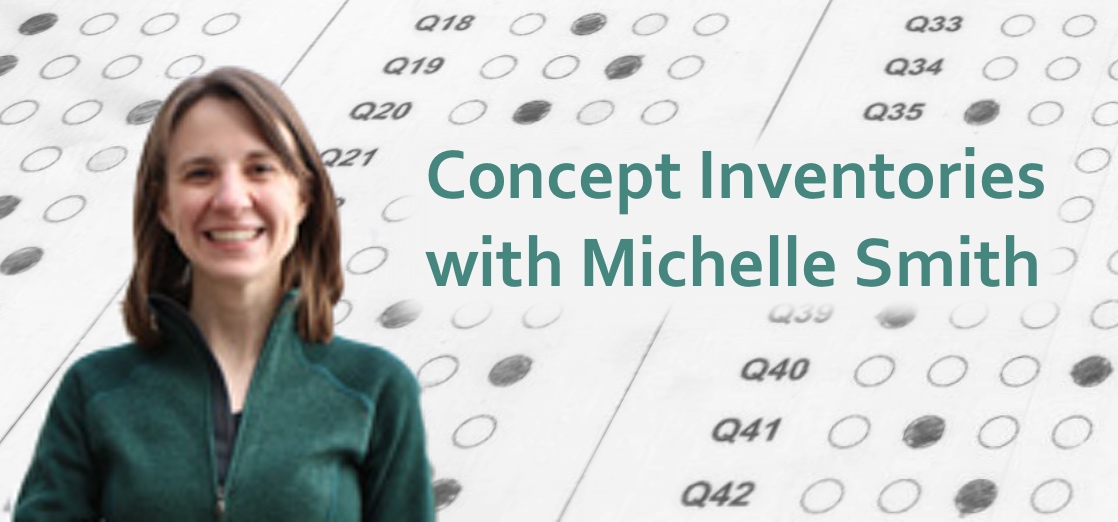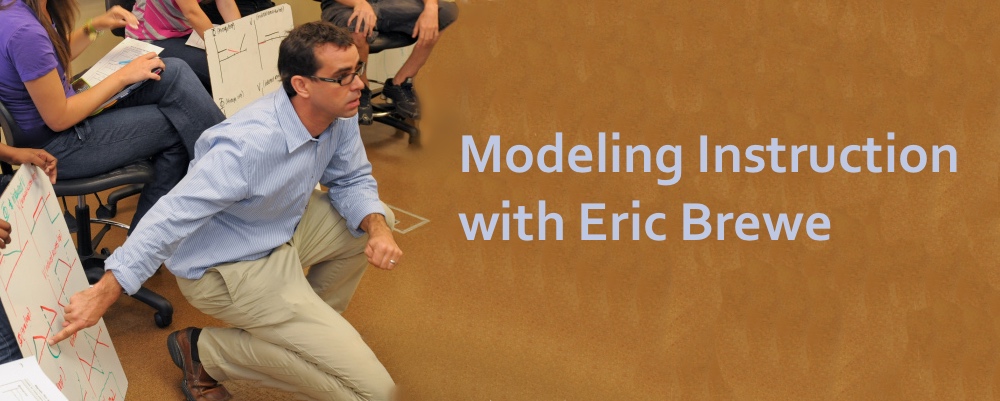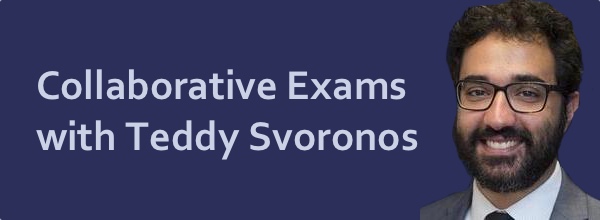Teach Better 2.0 Has Arrived!
After 145 blog posts and 69 podcast episodes, the Teach Better website needed some TLC. The look and feel were dated, and more important, a ton of great content was getting lost under the more recent great content. Over the winter break, I upgraded the underlying software (Jekyll) and overhauled the navigation of the site. Check out the new podcast and blog pages to browse the archives in brand new ways, and let me know what you think either by mail, on Twitter or in the comments below!

